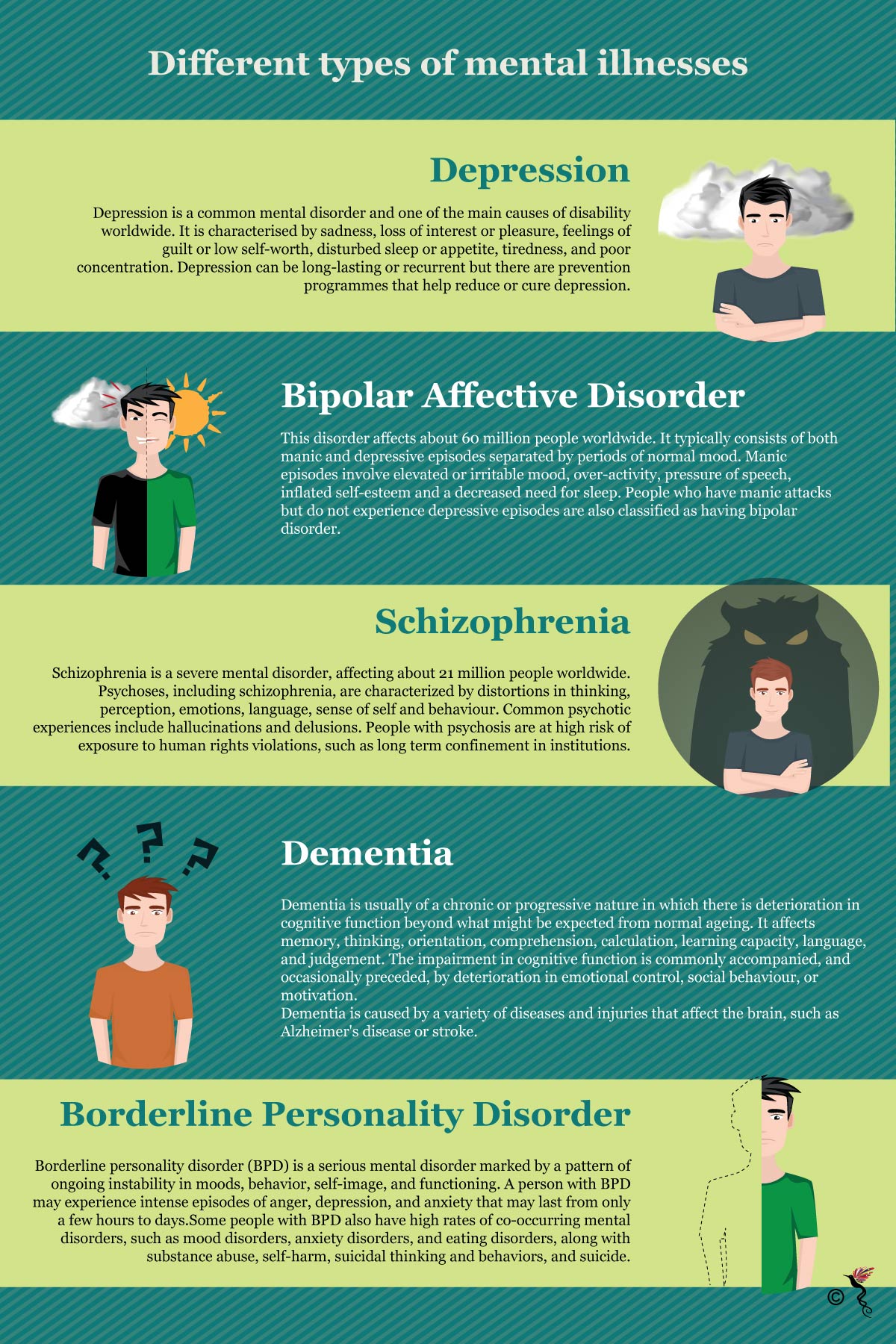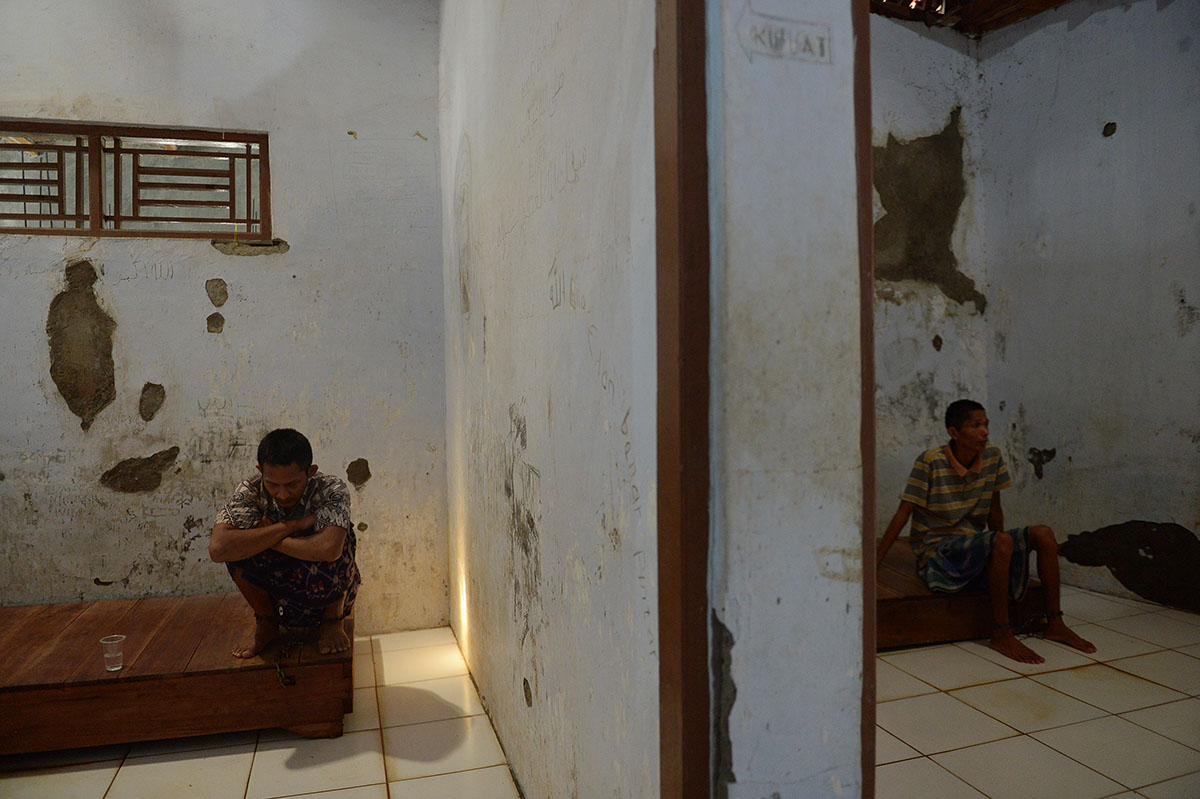The ASEAN (Association of Southeast Asian Nations) region is a cluster of nations renowned for its rapidly growing economy which has placed it as the seventh largest economy worldwide. Despite the progression of these Southeast Asian nations, there are still a few issues that need to be addressed, one of which is mental health and the lack of awareness about mental illnesses. In conjunction with the World Mental Health day, The ASEAN Post has decided to highlight how mental health operations work in each of the ASEAN nations and also how the regional bloc could work together to ensure a healthier state of mind for ASEAN’s 630 million population.
Mental health in Southeast Asia is covered by individual governments and their healthcare system, however many countries such as Myanmar, Cambodia and Indonesia allocated their mental health facilities to their secondary healthcare system. This means that not all public health facilities provide mental health services and those seeking aid for their mental health would have to visit a specialist within the field.
The most common mental illnesses found in the ASEAN region are depression, bipolar affective disorder, schizophrenia, dementia and borderline personality disorder. There are several other illnesses that are more exclusive to their region such as SUD (Substance Use Disorder) and Somatoform Disorder in Indonesia, which are basically a group of psychological disorders wherein a person experiences inconsistent physical symptoms such as headaches, stomach aches or seizures that have no general nor neurological explanation for.

Common mental illnesses found across the ASEAN region.
Due to the economic and developmental differences in the ASEAN region, there are multiple barriers enforced disallowing citizens from accessing mental health care facilities and aid. However therein lies a common theme that many – if not all the nations within ASEAN - face stigma. Due to the uncertainty and misconceptions centred on mental ailments, the stigma that surrounds the topic could hinder many people from seeking the aid that they need. This stigma-fuelled discrimination plays a huge part in society within the ASEAN region where even countries such as Cambodia (with low community awareness) and Singapore (a developed first world country) share a similar stance on.
There is also the overpowering belief in Southeast Asian nations that spirit possession and black magic are to be blamed compared to mental illnesses. Despite the increase of therapy, counselling and mental health awareness programmes in primary and secondary health care systems, many ASEAN citizens still believe in traditional remedies.
When asked if this cultural belief about spiritual possession and stigma will affect the mental health and counselling industry in ASEAN, Anasuya Jegathevi Jegathesan, the Academic Head of the Masters in Counselling programme at HELP University, Malaysia told The ASEAN Post, “I cannot say that it is a big issue, but it is an issue that we face. It’s not something we discourage if clients choose to see both a counsellor as well as a spiritual master. Whatever helps them get better and makes them feel comfortable. I have nothing against spiritual health as long as the client is seeing a licensed spiritual master and not someone whom is just scamming them.”
In terms of the future of mental health awareness in ASEAN countries, Anasuya elaborated, “a lot of the problem really just stems from lack of access but I feel quite positive about the future of mental health in ASEAN nations. There are new institutions supporting mental health programs, NGO’s are practising corporate mental health with their employers and there are a lot of organisations within ASEAN whom do cross border programmes and hold conferences to increase awareness and educate the people on what mental health is really about. Growth is slow, but it’s still happening.”
